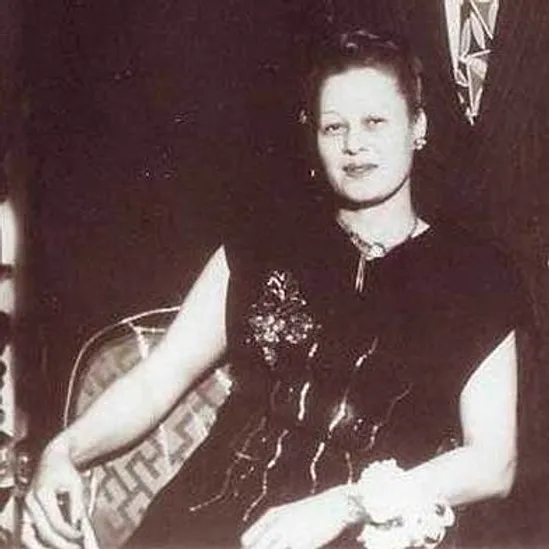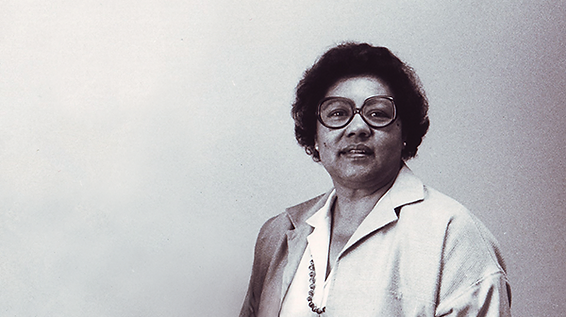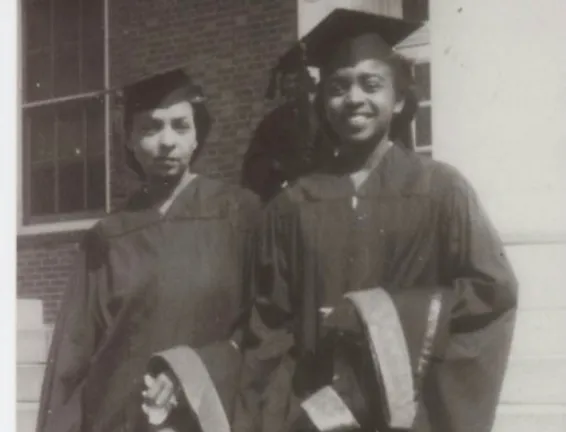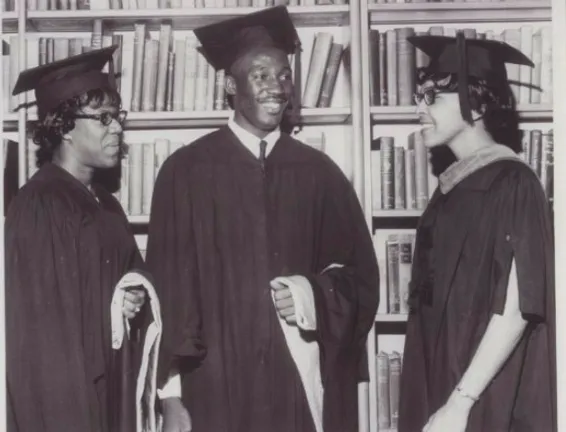Four Black women who changed accounting

The CPA license was first issued in 1896. Twenty-five years later, in 1921, John W. Cromwell became the first Black CPA. It wasn’t until 1943 that Mary T. Washington Wylie became the first Black woman CPA. We wanted to highlight her accomplishments along with four other Black women CPAs and their contributions to the profession.
Mary T. Washington Wylie

As we mentioned above, Mary T. Washington Wylie became the first Black woman CPA in 1943. After her high school graduation, Washington Wylie worked at Binga State Bank, a Black-owned bank in Chicago, whose vice president was Arthur Wilson, the second Black person to earn their CPA license. Wilson encouraged her to attend college for business and earn her CPA license.
Washington Wylie was the only woman in her graduating class at Northwestern’s College of Business and became a CPA in 1943. Because none of the accounting firms in Chicago would hire her, she started her own practice from her home and dedicated her career and practice to building her firm into a place where future generations could enter the profession. She started this by hiring Hiram Pittman after reading in a Black-owned newspaper that he passed the CPA Exam and then hiring Lester McKeever who was rejected from the other CPA firms in Chicago.
Over the course of her career, her accounting firm served Black-owned businesses and non-profit organizations in the area while providing opportunities for over 30 Black accountants to gain experience so they could also earn their CPA licenses.
Larzette Hale

Dr. Larzette Hale-Wilson was the first Black woman CPA in Georgia and the first Black woman to become a CPA Ph.D. She attended Langston University, Oklahoma’s only historically Black university to study business where an accounting professor inspired her to join the profession. After graduating, she attended the University of Wisconsin and received her master’s degree in accounting and finance.
After earning her master’s degree, she taught at Clark College in Atlanta, where she worked with Jesse Blayton, one of the first Black accounting professors. He became her mentor and recommended she become a CPA as well as having her Ph. D. After passing the CPA exam in 1951, became the first female Black CPA Ph.D. in the United States and opened her own office in Atlanta in 1955.
Dr. Hale-Wilson ran her accounting office for a decade before moving back into education and taught at both Langston and Brigham Young University, becoming the head of Utah State University’s School of Accountancy and was appointed a regent of the Utah Board of Higher Education.
Bernadine Coles Gines

Bernadine Coles Gines graduated at the top of her class at Virginia State College in 1946 with a Bachelor’s degree in business administration. Due to discriminatory laws and hiring practices in Virginia, she moved to New York for more opportunities. The following year, she graduated with an MBA from New York University, but despite her education, she struggled to find employment. While there was a Black-owned accounting firm in Manhattan, the firm did not hire women at the time.
She began working at a small Jewish-owned accounting firm in 1949, and this experience led to her becoming the first Black woman CPA in New York in 1954. After this, she worked with the City of New York Office of the Comptroller until her retirement.
Ruth Coles Harris

Bernadine Coles Gines’s sister, Ruth Coles Harris also made history. Like her sister, she left Virginia due to Jim Crow laws blocking her education and employment opportunities. However, she did return to the state, becoming the first Black woman accountant in 1963.
Like Dr. Hale-Wilson, Coles Harris preferred teaching to practicing and she joined the Virginia Union University faculty, teaching in the Commerce Department. She expanded the department into the Sydney Lewis School of Business and became the school’s first director. Following her retirement in 1997, Coles Harris was named a Distinguished Professor Emerita.
Looking to the future for Black CPAs
We want to highlight these women for their accomplishments and commitment to the profession. Because of their strides, the profession is stronger for Black accountants and stronger as a whole. It’s important to note that only around two percent of CPAs today are Black1.
While there are initiatives to increase diversity in accounting firms and increase visibility of the profession to a younger demographic, there are still barriers standing in the way. To help eliminate these barriers, Becker is proud to be the exclusive learning provider for the NABA CPA Bound 2.0 program, an initiative that is dedicated to increasing the number of Black CPAs.






